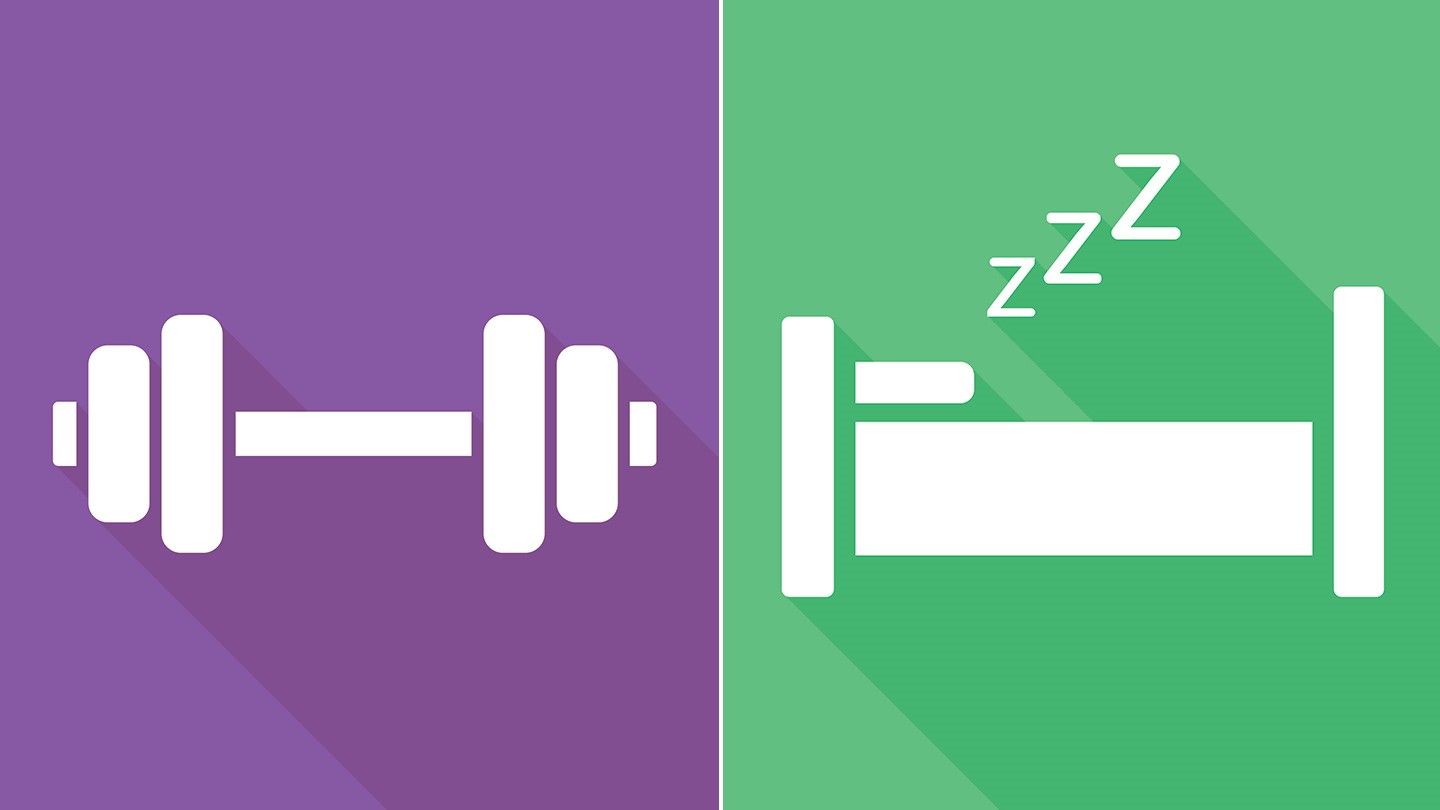
19 Dec Associations of exercise on sleep
The association between exercise on sleep is well known, through complex interactions that impact an individual’s psychology and physiology. Exercise is beneficial for sleep, though factors like an individual’s sex, age, fitness level, and exercise characteristics (intensity, duration, timing, environment) can moderate this link. Conversely, sleep disturbance can affect cognitive performance, exercise capacity, and increase the risk of injuries during both extreme and team sports.
Sufficient sleep is crucial for preventing major health issues like obesity, diabetes, cardiovascular diseases, depression, and accidents, with 7–8 hours of sleep per night linked to lower risks of morbidity and mortality. However, the relationship between exercise and sleep remains complex, particularly regarding sleep loss and exercise-induced injuries. Good sleep habits and moderate physical activity can create a beneficial cycle, improving fitness, especially in those with sleep disorders.
Baekeland and Lasky (1966) studied the effect of exercise on sleep, finding that afternoon exercise increased slow-wave sleep (SWS), while evening exercise had no significant effect. Despite study limitations, they identified key observations: exercise can enhance SWS, late exercise may reduce SWS, and habitual exercise could increase baseline SWS
References:
- Chennaoui, M., Arnal, P.J., Sauvet, F., and Léger, D., 2015. Sleep and exercise: A reciprocal issue? Sleep Medicine Reviews, 22, pp. 1-10. https://doi.org/10.1016/j.smrv.2014.06.008.
- Uchida, S., Shioda, K., Morita, Y., Kubota, C., Ganeko, M., and Takeda, N., 2012. Exercise effects on sleep physiology. Frontiers in Neurology, 3, p.48. https://doi.org/10.3389/fneur.2012.00048.

